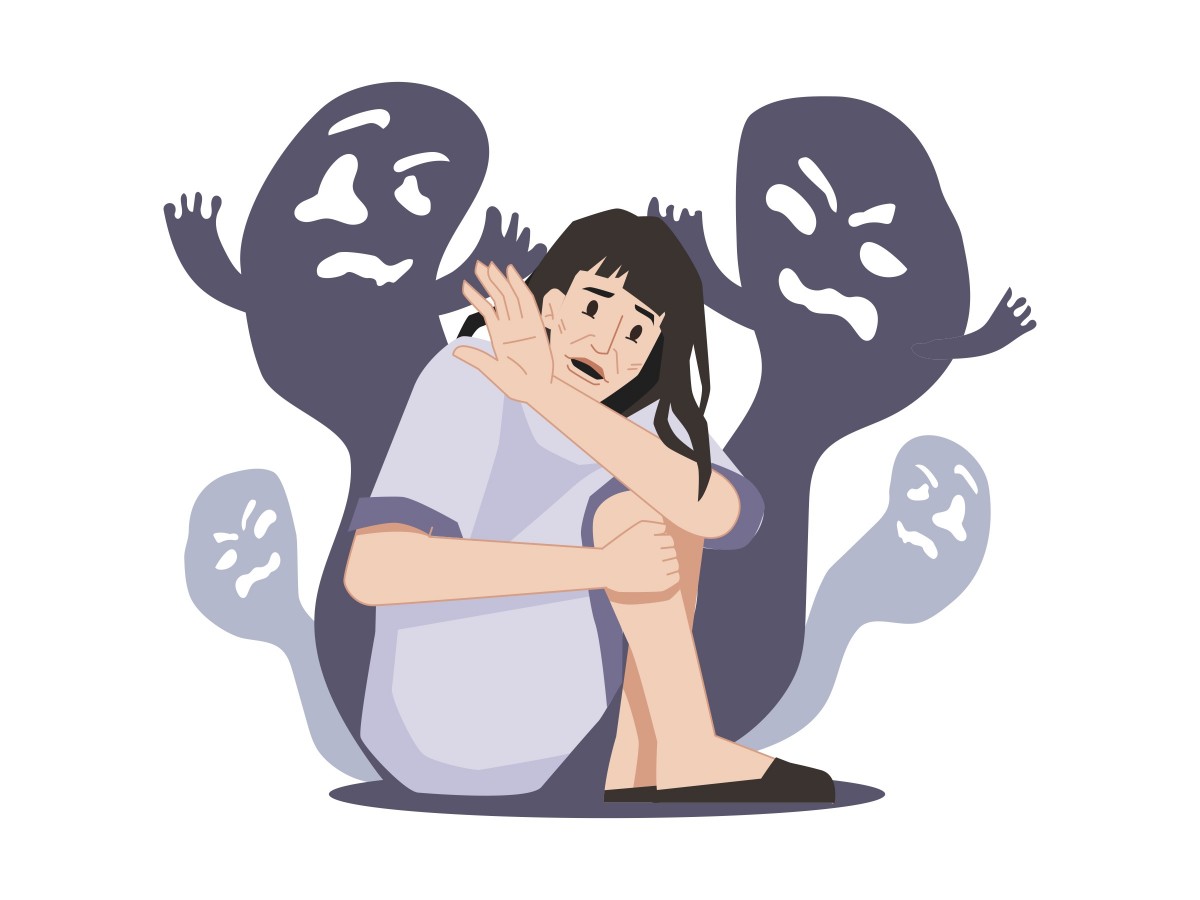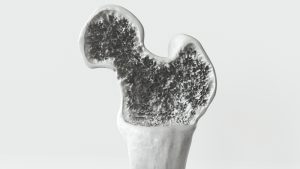The World Health Organisation (WHO) describes psychosis as a “condition that affects a person’s mind and distorts how they think and understand the world around them”. It is a symptom rather than an illness. This person loses touch with reality and is unable to determine that their thoughts and perceptions are illusory. This prevents them from bearing responsibilities that otherwise would be manageable and living normal lives.
What causes it?
Stressful events
Childhood trauma and stressful life events are highly associated with the development of psychosis and other mental illnesses. Despite this, there has yet to be a clear explanation of the mechanisms involved. Whether victimisation has a generalised effect on mental health or produces specific types of psychosis based on the nature of trauma remains controversial.
van Dam et al puts forward that the symptoms of psychosis are determined by certain events that have a greater capacity to activate special psychological mechanisms. For instance, studies have shown a link between sexual abuse and hearing voices. On the other hand, emotional abuse and neglect give rise to paranoia. More research is needed to confirm this.
Medical conditions
Brain tumours and infections, migraine, HIV and AIDS, hypoglycaemia, stroke and certain hormone disorders can induce psychosis. When nursing a fever or suffering from a head injury or lead poisoning you may hear or see things. In the later stages of cancer, various etiologic factors such as medications (especially opioids and steroids), metabolic disorders and encephalopathies, infection, recent surgeries, and structural lesions, are present that can evoke delirium. Those experiencing delirium are usually not considered to be suffering from a psychotic disorder.
Substances
Drinking large amounts of alcohol and getting high on drugs such as cocaine, crystal meth, ecstasy, acid, and ketamine can elicit a psychotic episode. Likewise, a sudden cessation of these vices or resumption after a long hiatus can also trigger the same response.
Signs and symptoms
Hallucinations: The individual may hear, see, and even smell and feel things only known to them. It can be terrifying because these hallucinations can appear very real.
Delusions: This is presented as an unyielding belief in something untrue, e.g. someone is trying to kill them, or that they are a very important person.
Incoherence: This is also called nonsense speech, where the individual may flit from topic to topic without making sense.
Unusual behaviour: Laughing to oneself for no apparent reason, aimless wandering,
Disturbed emotions: The individual can display strong and inappropriate emotions, or appear emotionless
Detecting psychosis
Doctors will often refer to the criteria stated in the Diagnostic and Statistical Manual of Mental Disorders 5th Edition (DSM-5) to aid in their diagnosis. During the clinical examination, the doctor will attempt to learn about the individual’s experiences, thoughts, and daily pursuits, whether psychiatric illness runs in the family, or if the individual is on any drugs, recreational or medical, and any other symptoms. Doctors may issue tests to eliminate other factors like substance abuse, head injury, or other medical conditions such as a brain tumour or multiple sclerosis (MR). This is possible through blood tests, electroencephalogram (EEG), which detects brain activity, and urinalysis.
Can it be treated?
Fortunately, psychosis is treatable. Antipsychotic drugs are largely employed when dealing with psychosis. Examples of medications include haloperidol, chlorpromazine and clozapine. However, medications do not treat the underlying condition, they only reduce the symptoms of psychosis. Therefore a combination of antipsychotic medications, psychological therapies and social support is more likely to work. The symptoms of psychosis can go away fairly quickly, after which normal life can resume immediately. On the contrary, some people may take a little longer to recover. This can take several weeks to months, needing long-term support in the process.
The development of trauma-centred psychosis therapies relies on a researched understanding of the connection between trauma and psychotic experiences. However, this is not so easily achieved as the phenomenon of psychosis hints at the complexity of these connections. Nevertheless, new discoveries are uncovering an increasing number of mechanisms and theoretical models that may help explain how psychosis works.













